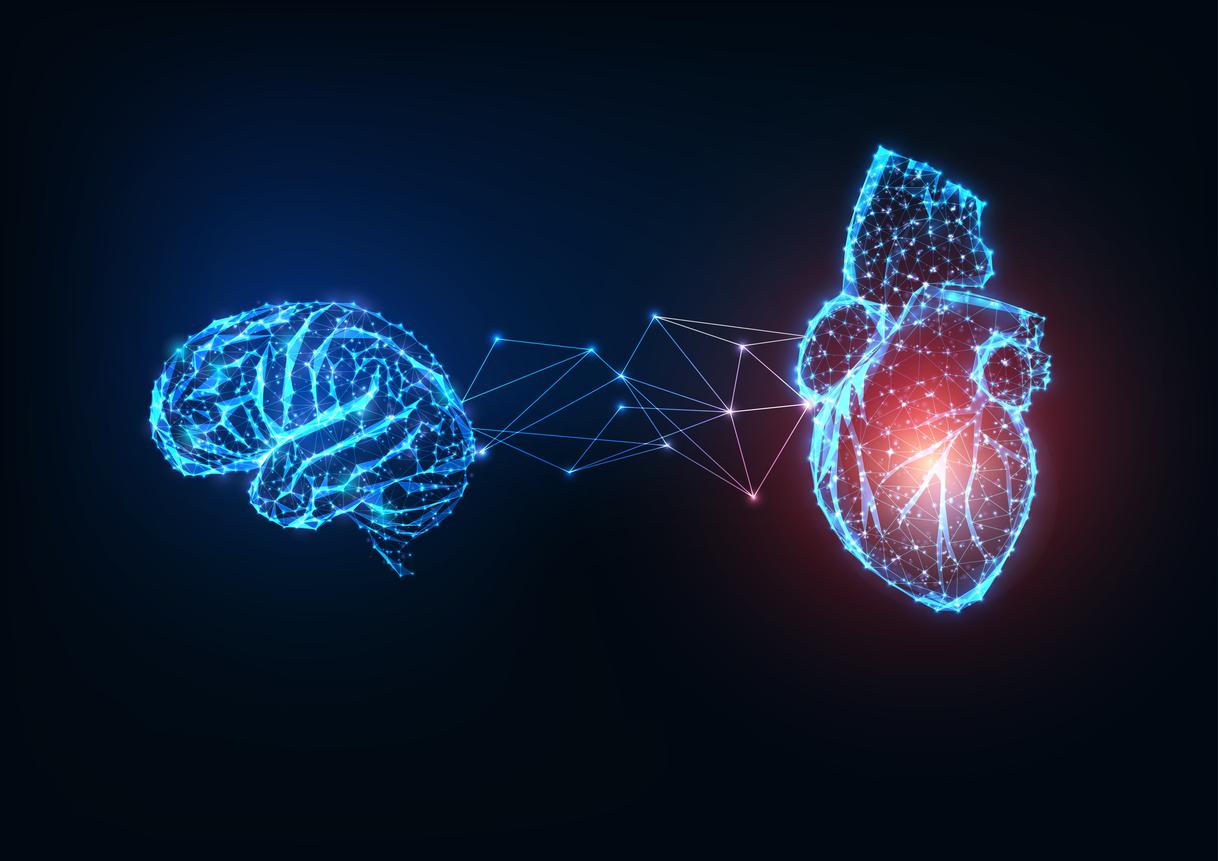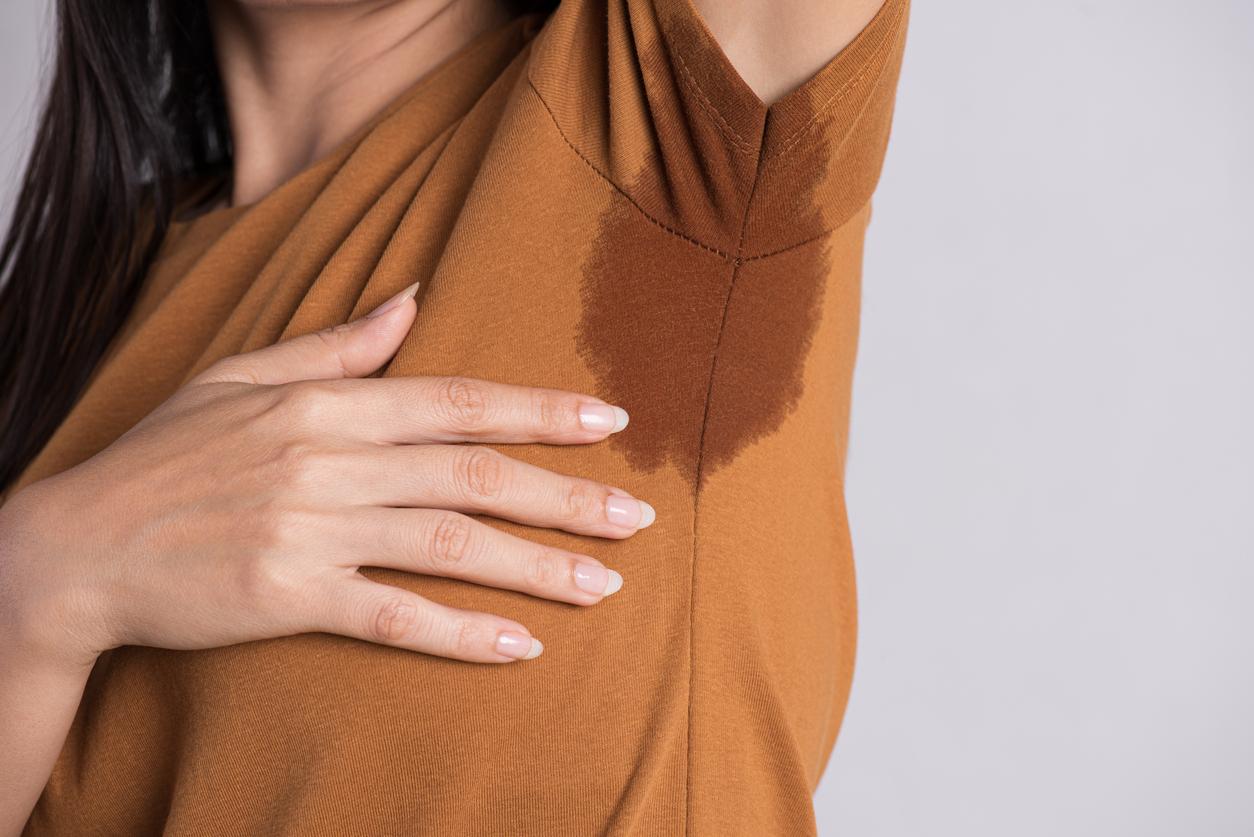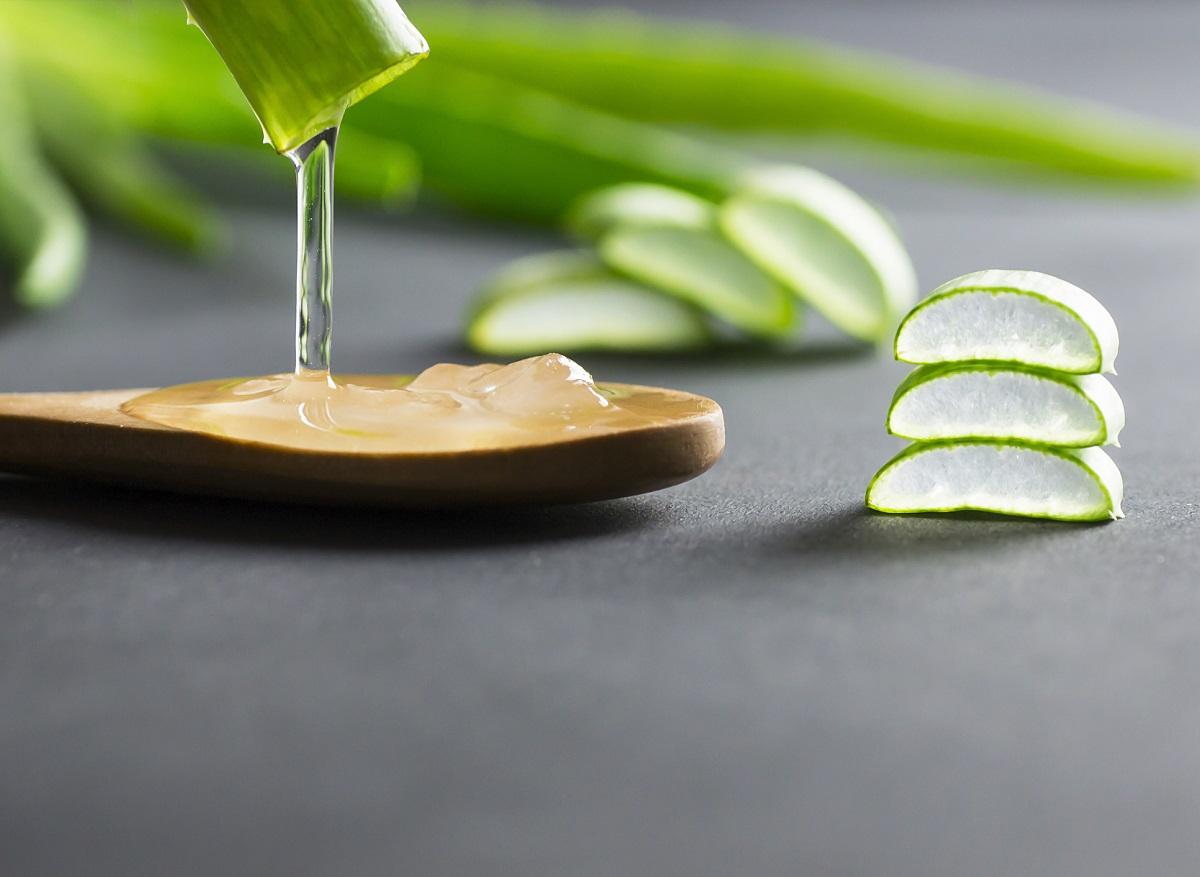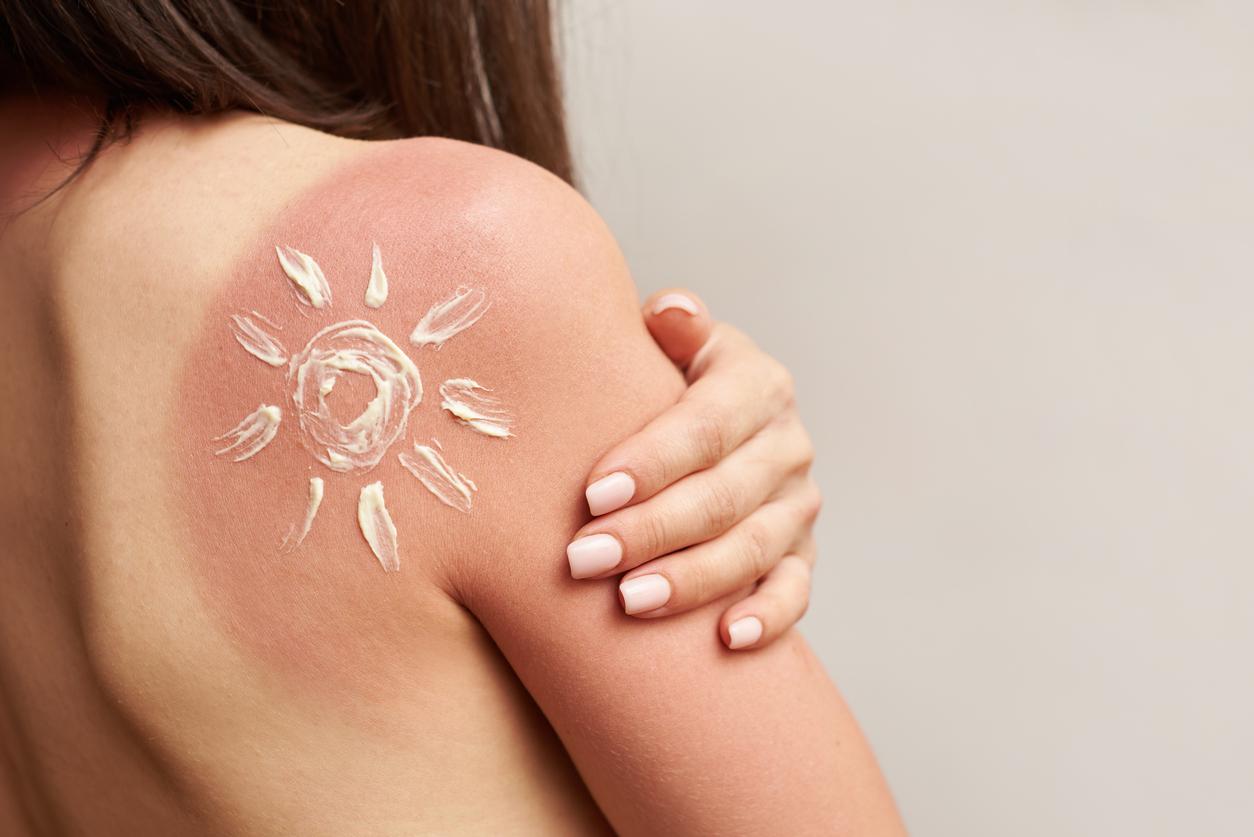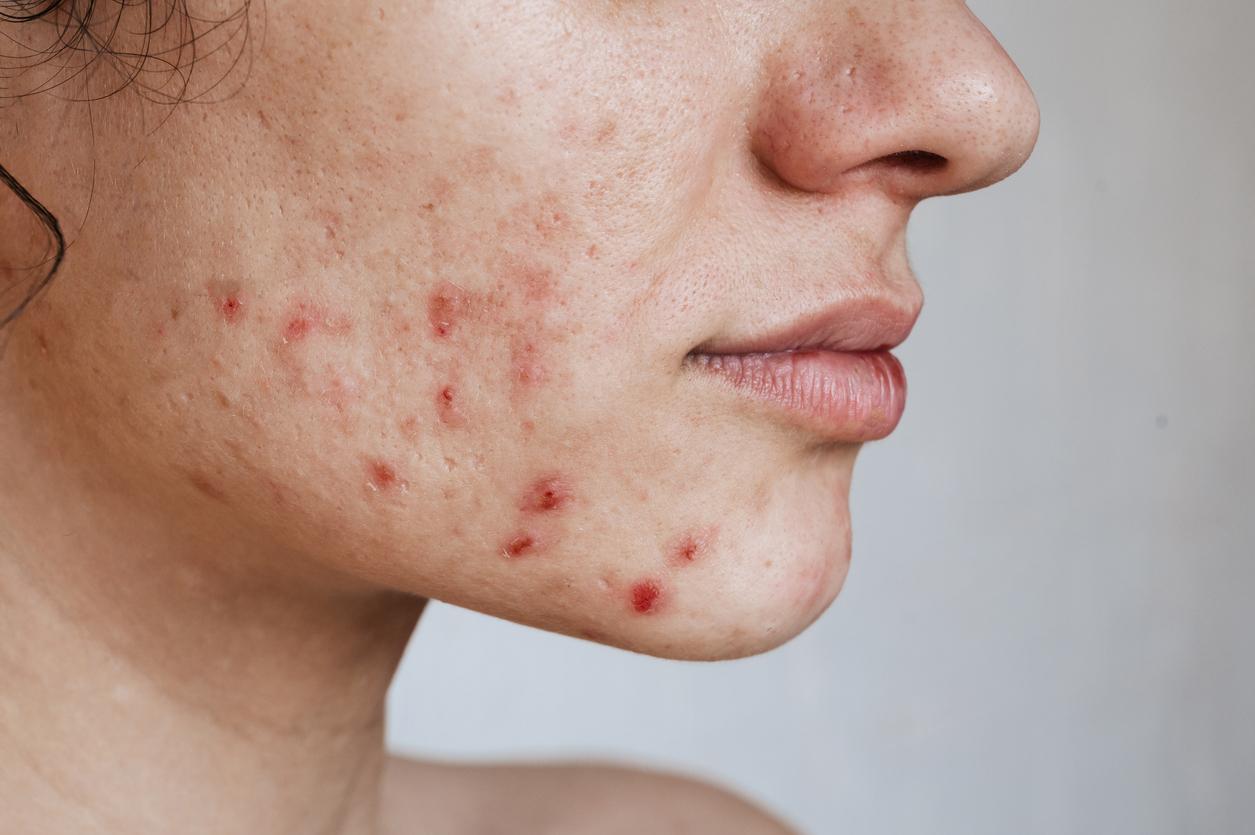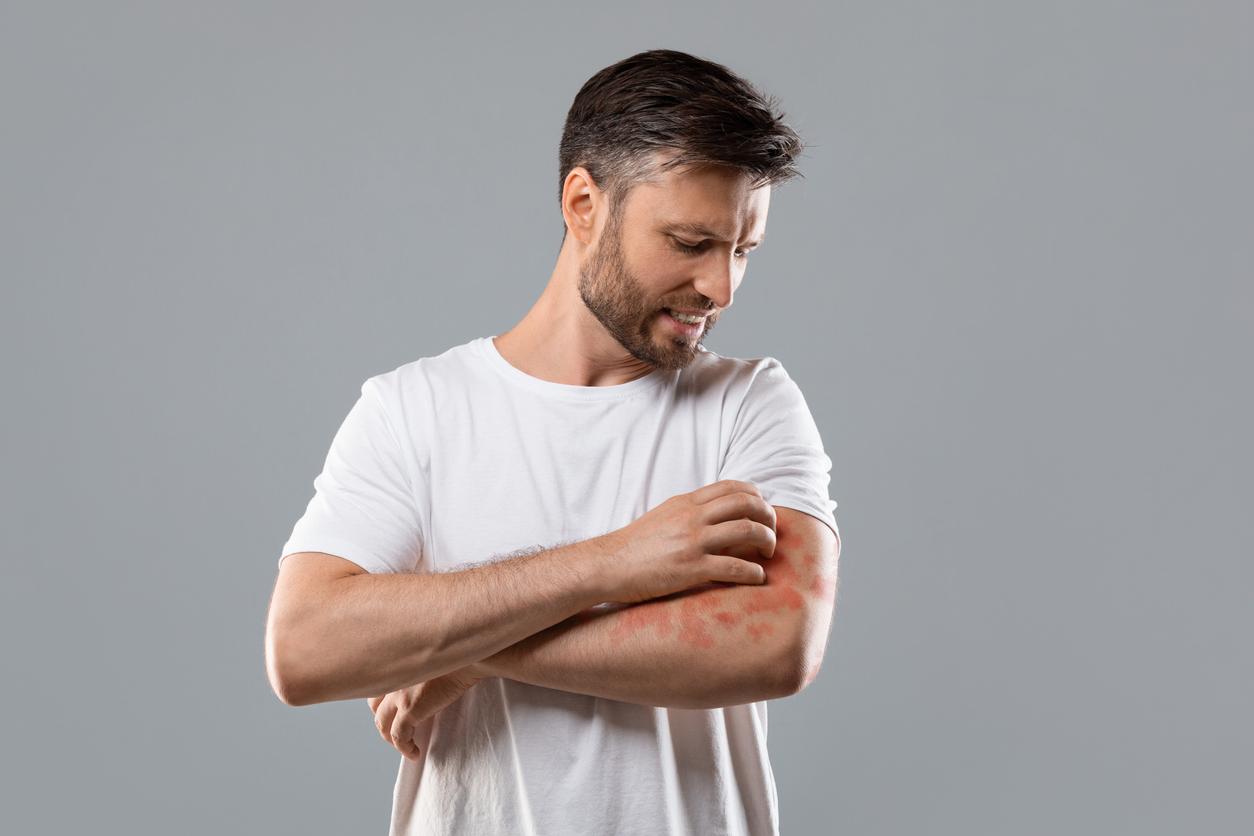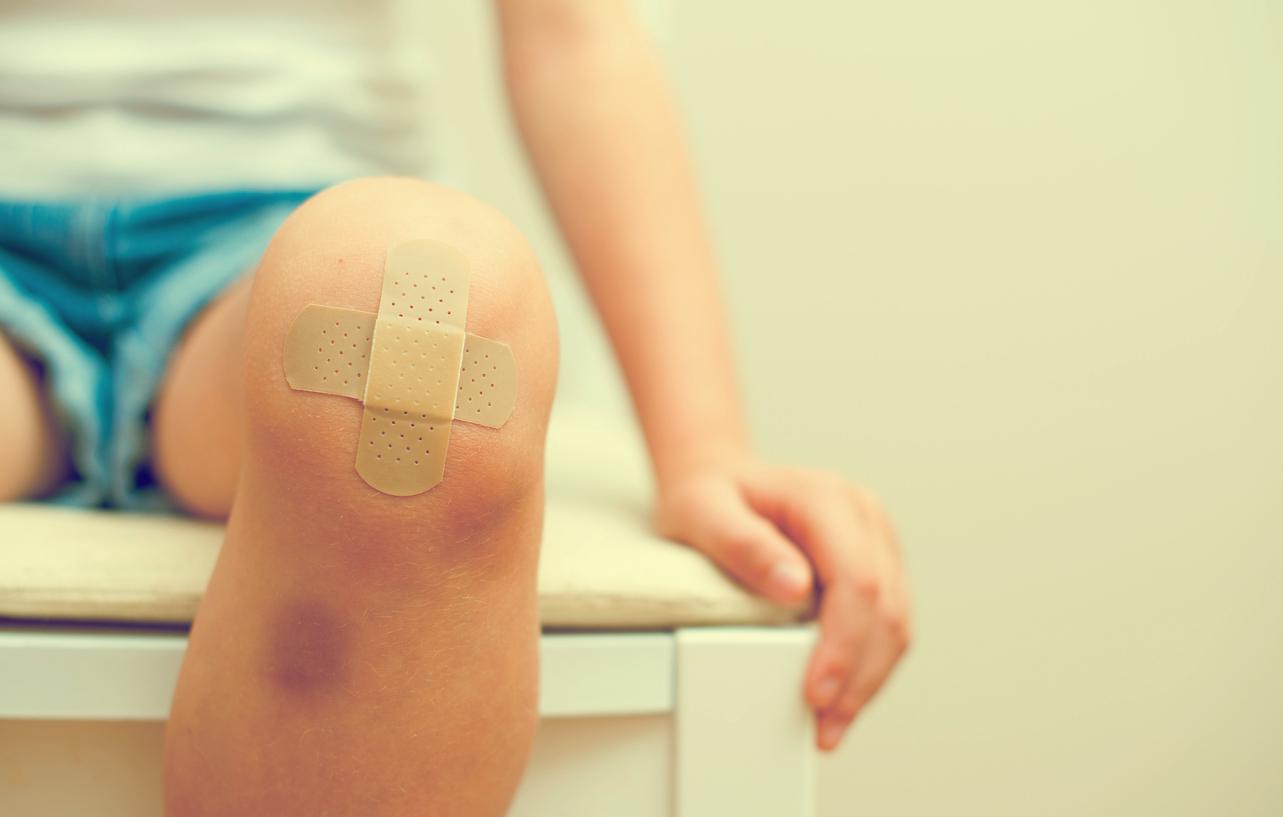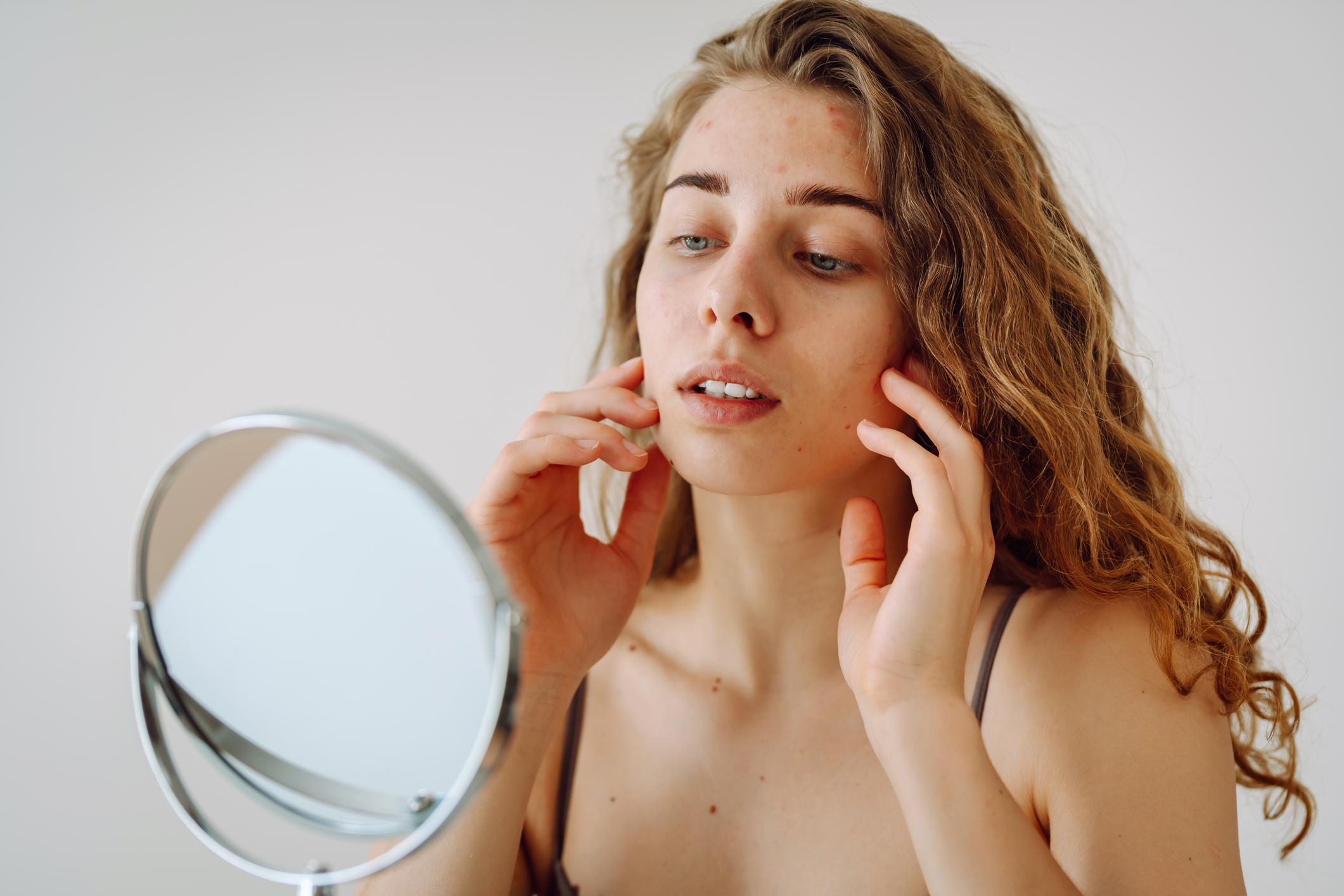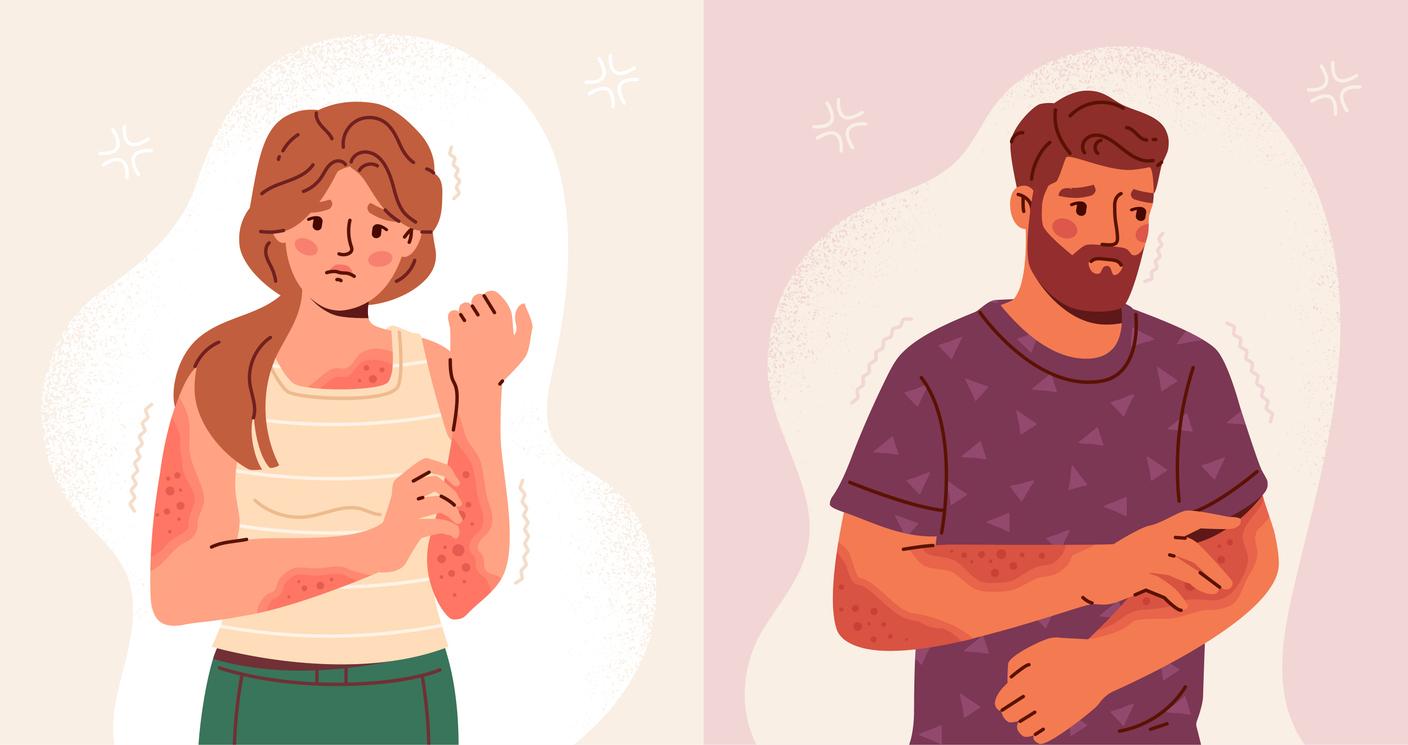A French research team has developed an ultra-effective cream against acne. Containing an extract of marine microalgae, it eliminates the bacteria responsible for pimples and limits the secretion of sebum.

- Acne is a chronic skin disease that occurs during hormonal changes, particularly during adolescence.
- This inflammatory disease affects the glands that secrete sebum at the root of the hair, called “pilosebaceous follicles”.
- More than 3 out of 4 teenagers develop acne.
Will the solution against acne pimples come from a French team? This is what recent research carried out jointly by Ifremer, La Rochelle University, CNRS, University of Limoges and Nantes University Hospital gives hope for.
Together, they have developed a cream that could turn out to be revolutionary. Containing a marine microalgae, it not only eliminates the bacteria responsible for pimples, but also limits the secretion of sebum. A patent was filed in October for the development of a treatment against this chronic dermatological disease.
A photoactivatable molecule
The secret of the cream is called Skeletonema marinoi. It is a common marine microalgae in the Atlantic and coastal waters. According to Ifremer press release, “it has the advantage of being very easy to cultivate in the laboratory and already used in aquaculture. Two conditions which have greatly favored this invention”.
“After an ethanol extraction, the solution is simply dried and incorporated into a cream or gel”explains Jean-Baptiste Bérard, one of the patent inventors and engineer in marine biology at Ifremer.
The cream must then be applied to the face and exposed to natural or artificial light for the biochemical reaction to take place. Indeed, the molecules of the microalgae are photoactivatable. “They react by releasing energy in their environment and thus create other molecules which eliminate the bacteria responsible for acne. The extract also limits the secretion of sebum”summarizes the researcher.
A solution against mild forms of acne
During testing livethe microalgae extract has been shown to be effective against 3 species of bacteria responsible for more or less severe forms of acne: Cutibacterium acnes, Staphylococcus aureus (staphylococcus aureus) and Staphylococcus epidermidis.
The cream can treat mild forms of acne and therefore avoid leading to more severe forms. According to researchers, she “thus constitutes a potential alternative to the use of antibiotics or retinoids then generally prescribed and can thus contribute to limiting the risks of resistance to these treatments”. These first promising results will have to be confirmed by clinical studies before potential marketing.
In France, 6 million people suffer from acne, including a quarter of adults.

.



